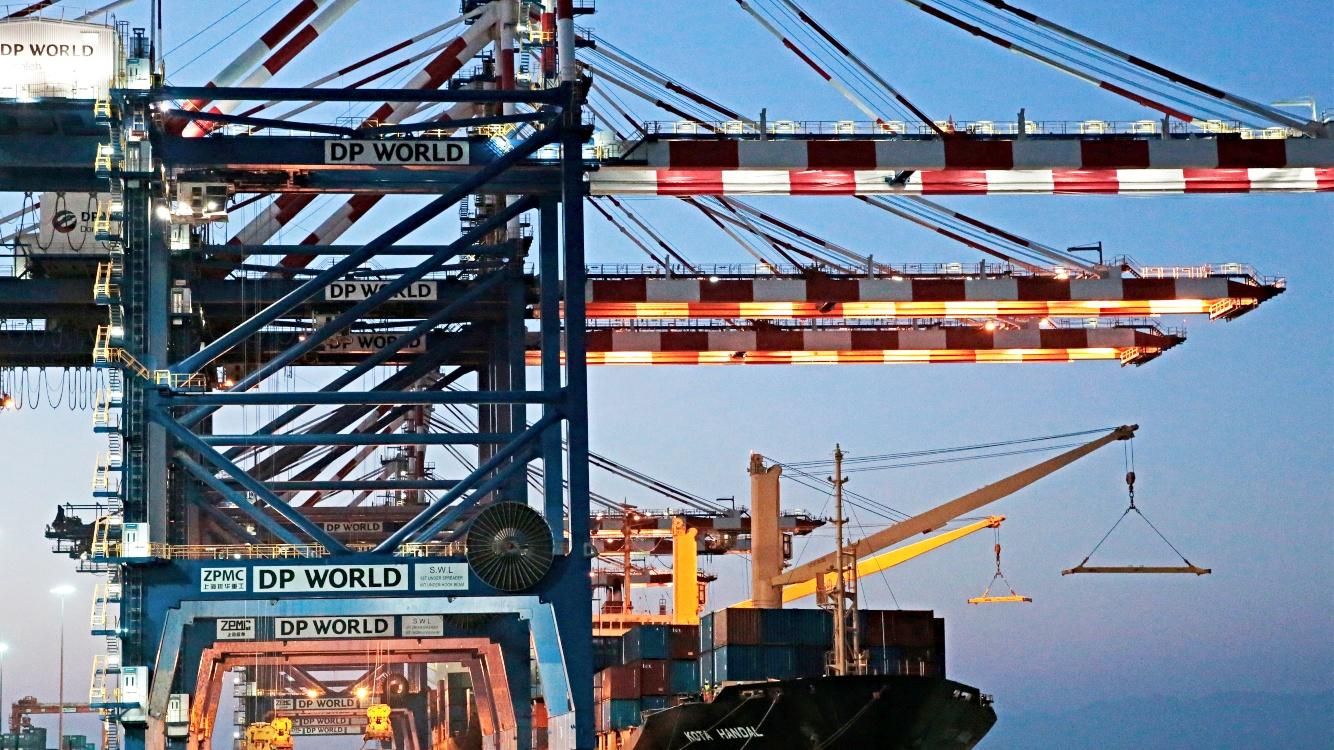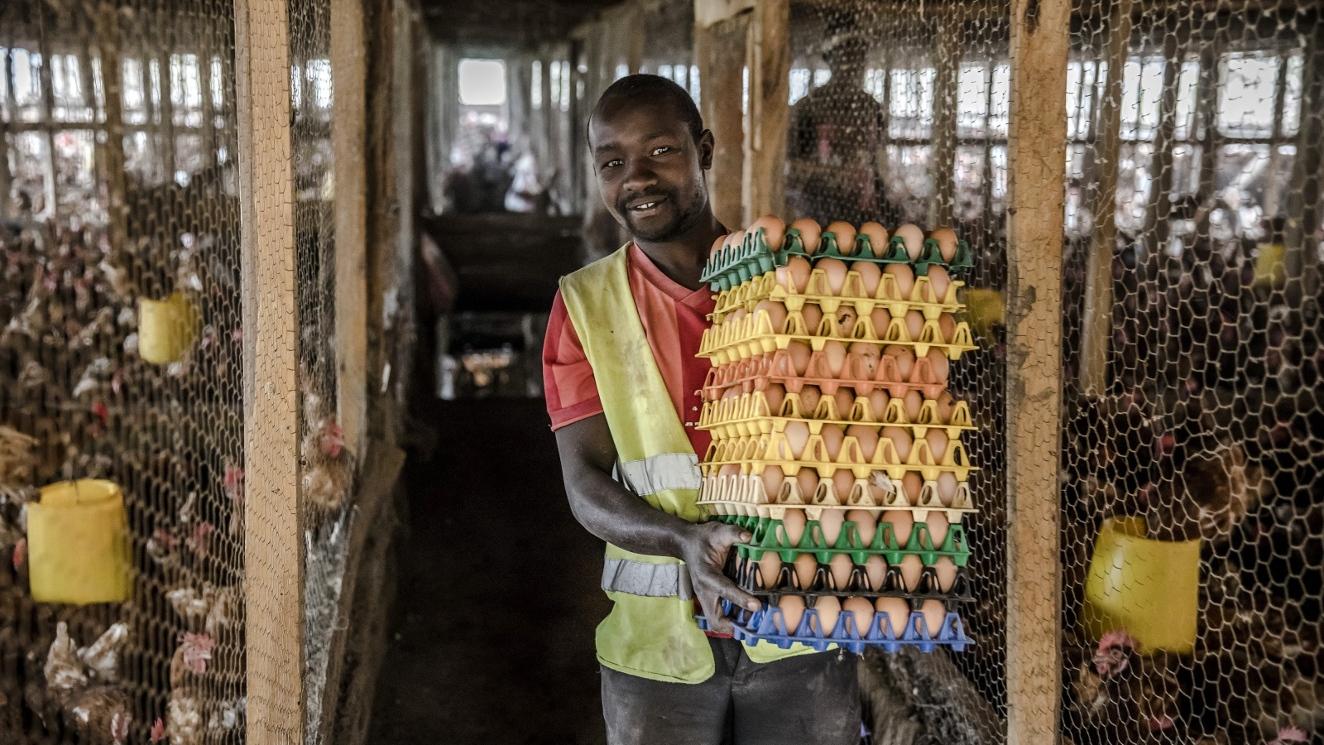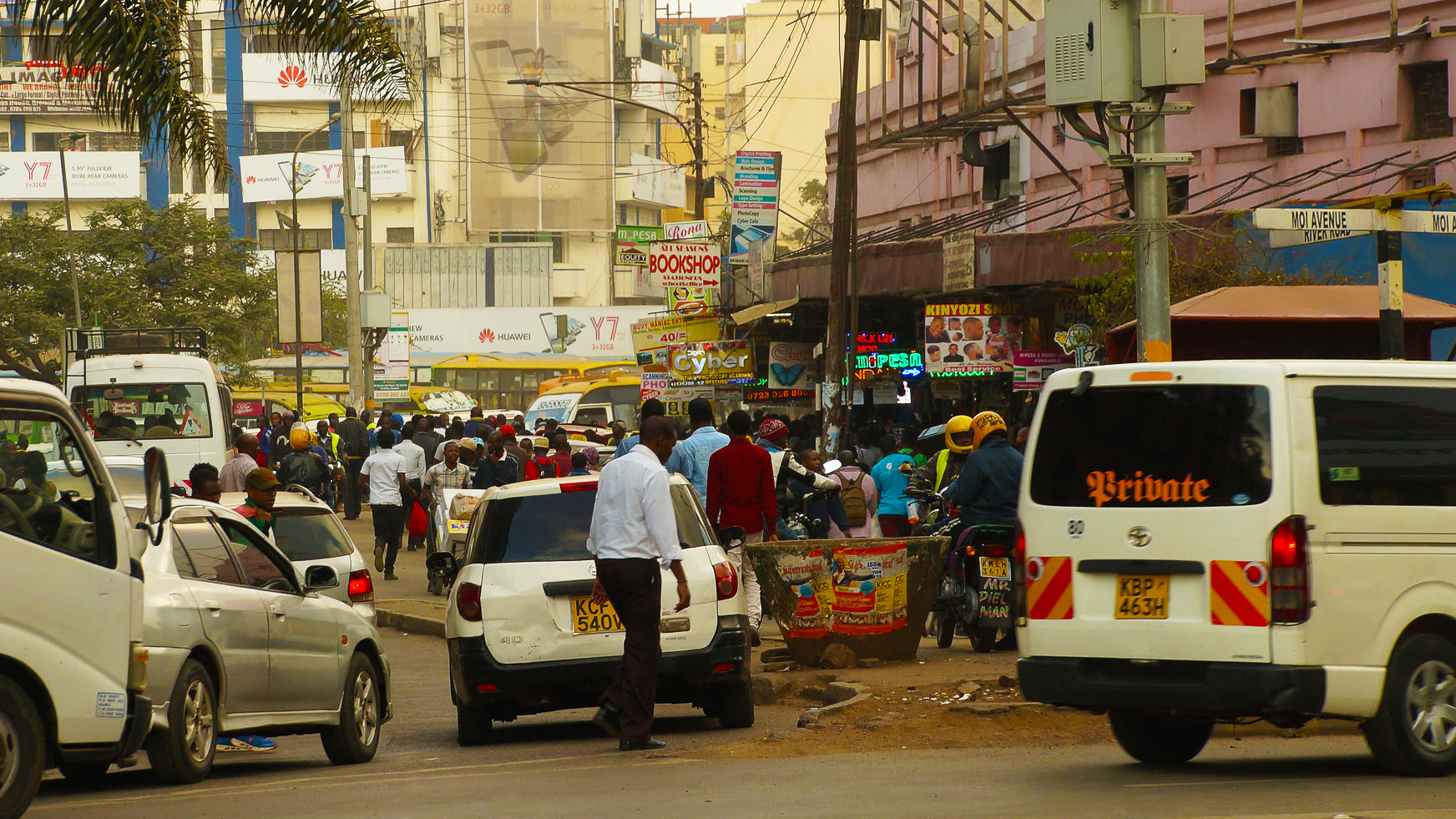Djibouti’s strategic location means that, despite its size, it matters not only to the African continent but to the world economy. With the right policies, this country on the Horn of Africa could be the next Singapore or Dubai, a global business and logistics superhub.
Djibouti matters for one simple reason: location. 30% of the world’s shipping passes through the neighbouring strait of Bab el-Mandeb on the way to the Suez Canal, with over a million containers shipped along this coastline each year. As a result, Djibouti serves most ports on the east coast of Africa, and grants access to the Asian continent. The Port of Doraleh in Djibouti City also acts as a gateway to its neighbouring state of Ethiopia.
Djibouti is the third smallest country by area in mainland Africa but one of the most geopolitically important. With the right policies, Djibouti can be Africa’s Singapore or Dubai, a global business and logistics superhub. That would benefit Djibouti’s one million people, as well as the continent and the world.
The amount of commercial and political interest in Djibouti is unprecedented for a country so small in Africa. Such interest could either turn Djibouti into a half-finished ghost town laden with debt, or a prototype of the city of tomorrow. My hope is that the country will take the latter route.
Djibouti’s economy is forecast to grow by 7% in 2021 and has attracted $4 billion in investment over the past 10 years, despite the nation’s lack of natural resources. It has also recently created a $1.5 billion sovereign wealth fund, which aims to finance billions of dollars in economic activity over the next decade.
This strategic strength has not gone unnoticed by international players, most notably China. Beijing now holds the majority share of Djibouti’s debt. In 2018, Chinese companies announced that they would invest $3.5 billion in the development of a new Djibouti International Free-trade Zone – a free trade zone to be the world’s largest. The investment will also cover the Djibouti Business District, complete with yacht-lined marinas and tree-lined boulevards. In total, China has invested $14 billion worth of loans between 2012 and 2020.
Djibouti is overdue for an economic boom. To date, instability and piracy in neighbouring Somalia has kept expats and investors away, as have border clashes with Eritrea.
An economy solely reliant on foreign investment and transport hubs, however, could leave Djibouti exposed to unpredictable global markets. Some estimates view the establishment of the nearby Eritrean free trade zone as costing Djibouti a 75% loss in trade, although the reality is unclear – as is the impact of Eritrea being the only African Union country not to sign the African Free Trade Area (AfCFTA) agreement.
However, I am optimistic. The AfCFTA has the potential to smooth over many of Djibouti’s border instabilities. Similarly, the government is working to diversify the economy by investing in tourism, fishing and energy.
It is the military, not the economic, presence in Djibouti that is most significant: the US, China, France, Japan, Saudi Arabia and Italy all have bases in the country, which brings in $125 million in rent a year. The country provides the perfect outpost for both the unstable East African region, as well as a foothold in both Yemen and the Middle East. The presence of soldiers is an economic godsend; one American soldier’s consumption is equal to approximately 100 Djiboutians.
Djibouti is also home to Lac Assal, the saltiest lake in the world. This could make salt a significant sector in the future, after a joint venture with Salt Investment SA was recently announced.
Ultimately, Djibouti’s economic forecast is heavily tied to its major trading partner, Ethiopia. Ethiopia is the second-largest economy in Africa, has one the fastest growing populations and, within it, a widening middle class. Ethiopia has experienced a miraculous economic boom over the past years and, despite internal conflict since 2020 downgrading GDP projections, its economy is still expected to see rapid growth in 2021.
Djibouti’s current trajectory looks very much like the early growth stages of microstates like Dubai and Singapore, which attracted foreign investment due to their economic potential and strategic importance. The country’s ongoing infrastructure projects should give it a competitive advantage over neighbouring ports and could reinforce its status as a regional and global trade and logistics hub.
My hope is that Djibouti avoids becoming China’s latest failed African project, instead cementing itself as a bedrock of stability in an otherwise turbulent corner of Africa. With the right investment, Djibouti could well join the ranks of Dubai and Singapore as a poster child for the state-of-the-art city-states of the future.
Photo by Tom Fisk from Pexels.





